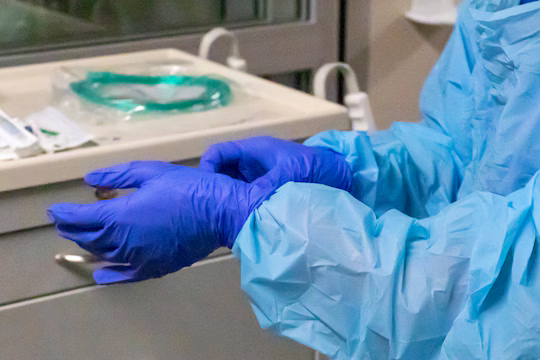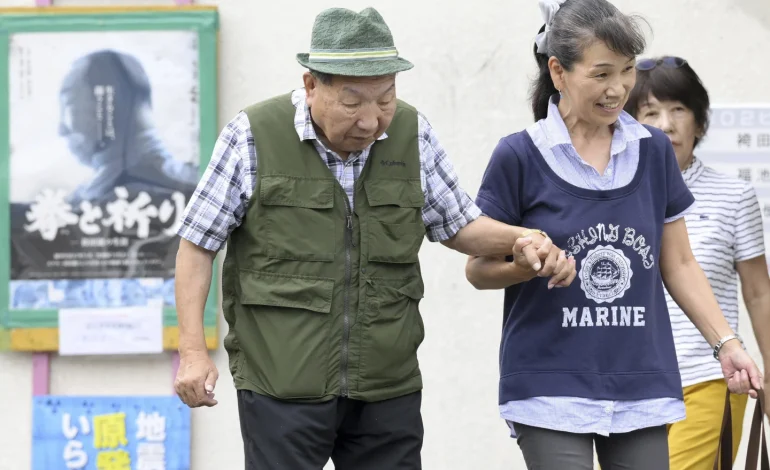An 88-year-old former boxer, Iwao Hakamada, was acquitted on Thursday by a Japanese court after a retrial for a 1966 quadruple murder, overturning a conviction that had made him the world’s longest-serving death row inmate, the Associated Press reports.
The Shizuoka District Court’s ruling found that key evidence had been fabricated, leading to Hakamada’s release after spending 48 years behind bars—more than 45 of those on death row.
This landmark ruling marks Hakamada as the fifth death row inmate in postwar Japan to be acquitted following a retrial. It is expected to reignite debates around Japan’s capital punishment system, which boasts a 99% conviction rate. Hakamada’s lawyer, Hideyo Ogawa, described the ruling as “groundbreaking,” citing that the court concluded investigators planted evidence and forced a confession from Hakamada through violent interrogation tactics.
The case began in 1966 when Hakamada was convicted of killing an executive and three members of his family and setting their home on fire. He was sentenced to death in 1968, but his execution was delayed by a lengthy appeal process. Hakamada was released from prison in 2014 due to concerns about his health and age, although he was not formally acquitted until now.
Central to the court’s decision was the revelation that bloodstained clothes, which investigators claimed to have found a year after Hakamada’s arrest, could not have been hidden in a miso tank as stated. Scientific experiments revealed that the bloodstains would not have been visible after prolonged exposure to miso, leading the court to determine that investigators had planted the evidence.
Following the acquittal, Hakamada’s 91-year-old sister, Hideko Hakamada, expressed her joy.
“When I heard the main sentence, it sounded almost divine. I could not stop crying with joy,” she said.
She had been a tireless advocate for her brother’s innocence throughout the 58-year legal battle.
Hakamada’s mental and physical health had deteriorated during his nearly half-century-long confinement, much of it in solitary. His supporters have expressed hope that he will now be able to live out the remainder of his life in peace. Human rights groups and legal experts have used the case to call for an overhaul of Japan’s judicial system, particularly the use of capital punishment and the barriers to retrials.
The ruling may still face challenges, as prosecutors have the option to appeal. However, Ogawa has urged them not to prolong the case further. If the acquittal is upheld, Hakamada may be entitled to seek compensation for his wrongful conviction and long imprisonment.
This case has drawn international attention to Japan’s justice system, which, along with the United States, is the only nation in the G7 that retains capital punishment. Rights groups have criticized Japan’s secretive execution process and its impact on inmates, including those wrongfully convicted like Hakamada.
Japan Bar Association Chairperson Reiko Fuchigami called on the government to abolish the death penalty.
“The Hakamada case clearly shows the cruelty of the wrongful death penalty, and the tragedy should never be repeated,” she stated.









